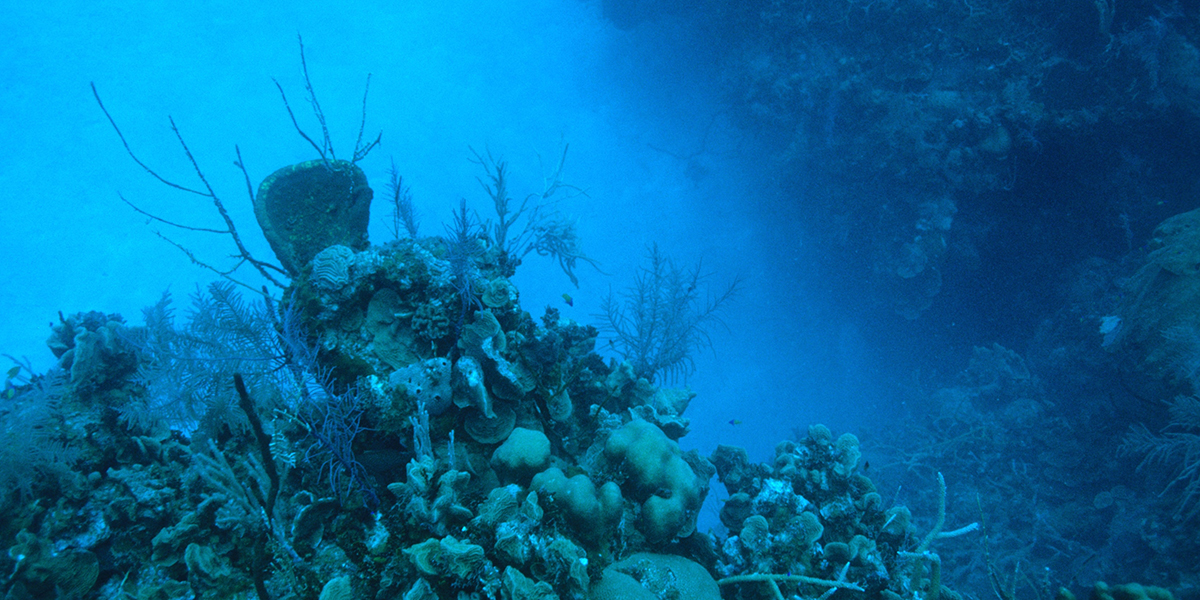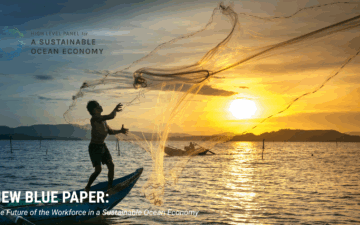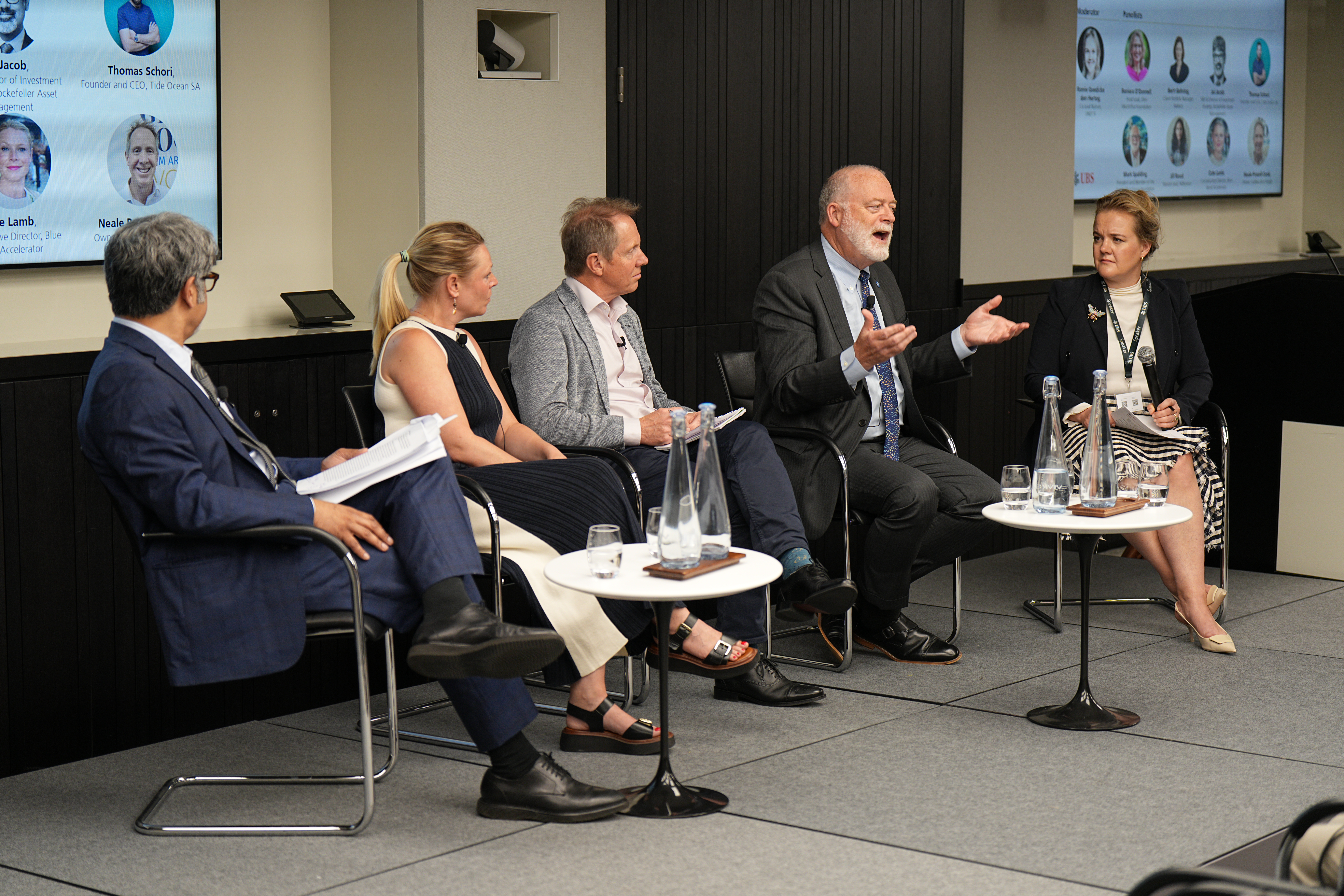I chose to intern at The Ocean Foundation because I knew so little about the ocean and its numerous benefits. I was generally aware of the importance of the oceans in our ecosystem and global commerce. But, I knew very little specifically about how human activity is affecting the oceans. During my time at TOF, I learned about numerous issues involving the ocean, and the various organizations trying to help.
Ocean Acidification and Plastic Pollution
I learned about the dangers of Ocean Acidification (OA), a problem that has grown rapidly since the industrial revolution. OA is caused by carbon dioxide molecules dissolving in the oceans, resulting in the formation of acid which is harmful to marine life. This phenomenon has caused major damage to marine food webs and protein supply. I also got to join a conference where Tom Udall, the senior senator from New Mexico, presented his Break Free from Plastic Pollution Act. This act would ban specific single-use plastic items that are not recyclable and make the producers of packaging containers design, manage, and finance waste and recycling programs.
A Passion for the Ocean’s Future
What I enjoyed most about my experience was getting to know people who dedicate their careers to working for a sustainable future for the ocean. In addition to learning about their professional obligations and what their days in the office were like, I had the opportunity to learn about the paths that led them to careers in ocean conservation.
Threats and Awareness
The ocean faces multiple human-related threats. These threats will only become more severe in the face of population growth and industrial development. Some of these threats include ocean acidification, plastic pollution, or the loss of mangroves and sea grasses. However, there is one issue at hand that doesn’t directly damage the ocean. This issue is the lack of awareness of what is going on with our oceans.
About ten percent of people depend on the ocean as a sustainable source of nourishment – that’s about 870 million people. We also depend on it for a variety of things such as medicine, climate regulation, and even recreation. However, not many people know this since they are not directly impacted by its numerous benefits. This ignorance, I believe, is as destructive to our ocean as any other problem such as ocean acidification or pollution.
Without awareness of the benefits of our ocean, we won’t be able to change the issues our ocean faces. Living in D.C., we don’t fully appreciate the benefits the ocean provides us. We, some more than others, are dependent on the ocean. But unfortunately, since the ocean is not in our backyard, we forget about its well-being. We don’t see the ocean in our everyday lives, so we don’t think it plays an active role in it. Because of this, we forget to take action. We forget to think before we pick up a disposable utensil at our favorite restaurant. We forget to reuse or recycle our plastic containers. And ultimately, we end up unwittingly damaging the ocean with our ignorance.







